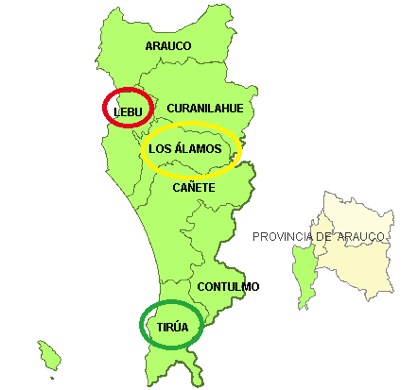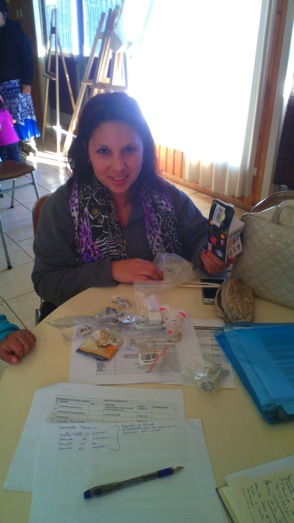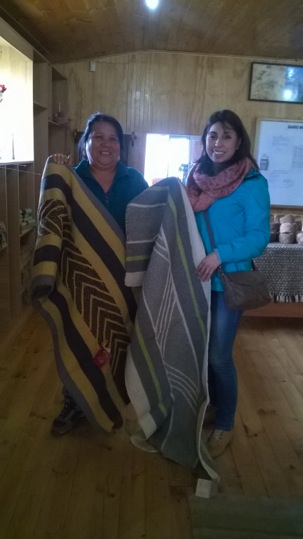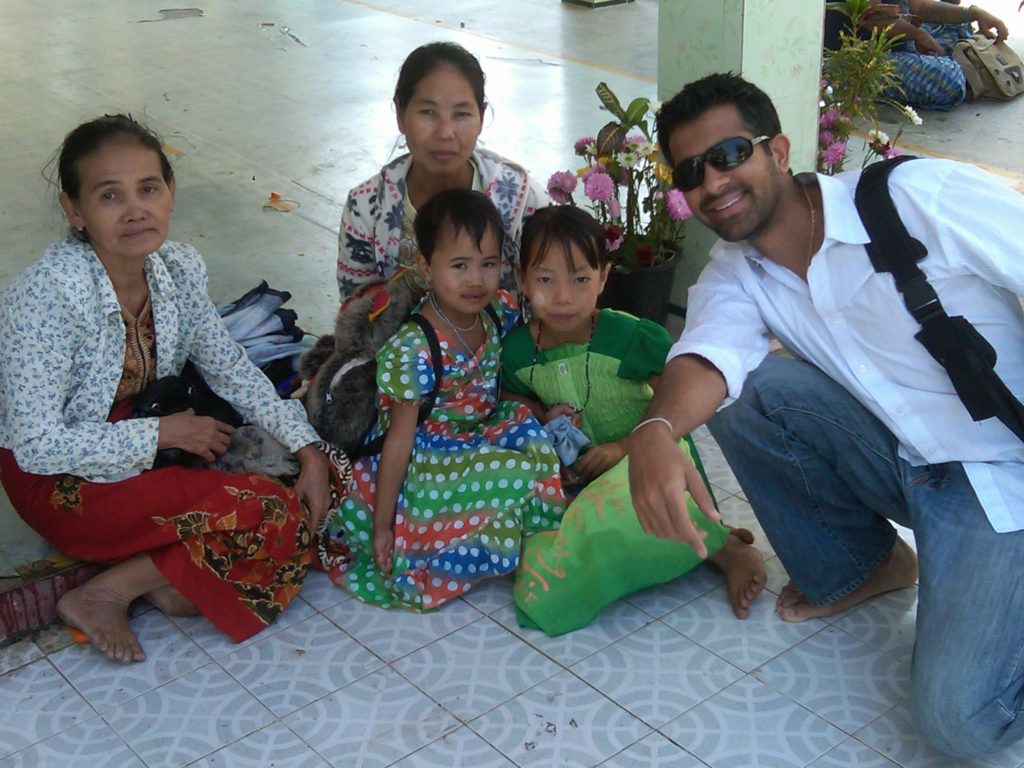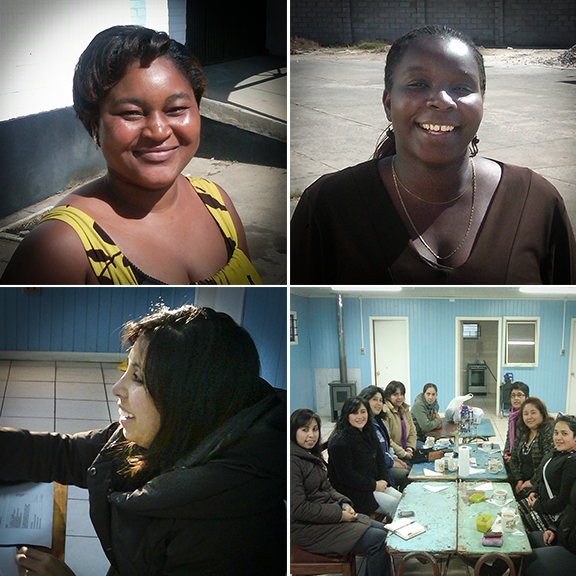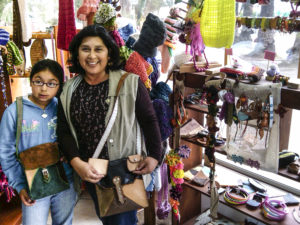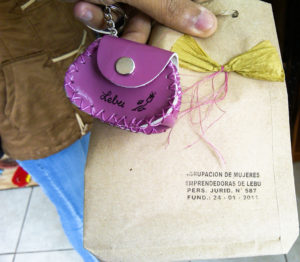SKIC’s work in Chile has grown in exciting ways this year. Our newest site, just four months old, has added to the work of two other thriving sites that now span many miles across the country. As of August, there were 33 active women participating in our Chilean sites of Lebu (founded in 2013), Los Alamos (founded in 2014), and Tirua (founded in July). Four more women are waiting to be incorporated, and many others have showed interest. This is a 100% increase since just January, when 15 women were active in Chile.
This incredible surge in participation can be attributed to the foundation’s new strategy to increase participation. SKIC has partnered with local stakeholders, mainly state and municipal government offices, to get the word out about SKIC and to get women excited about the possibilities of microloans. These generous institutions also facilitate workshops where SKIC staff can present information to local women and run activities that focus on financial planning.
The payoff of this new strategy can be seen in the fruitful work of the Chilean women. In Lebu, women continue to find success through buying and selling goods and handcrafting products from leather and wool. This year, these women have shown a growing commitment to expanding their businesses and paying back their loans. In Los Alamos, most women produce food, such as pastries and pies. The Los Alamos women are particularly proactive about paying back their loans and providing timely and useful information to the SKIC staff about their projects. Our newest site in Tirua already has 11 participating women, and more attending meetings and information sessions in hopes of joining. The concept of microloans has been met with excitement, as many women were familiar with the idea but had never been given the opportunity to participate themselves. Most of these women are weaving products using natural materials and traditional mapuche designs, and some sell fish and seafood.
The past year has shown promise, and we hope to continue building on our new strategy so that in 2016 we can serve the women of Chile even better.


